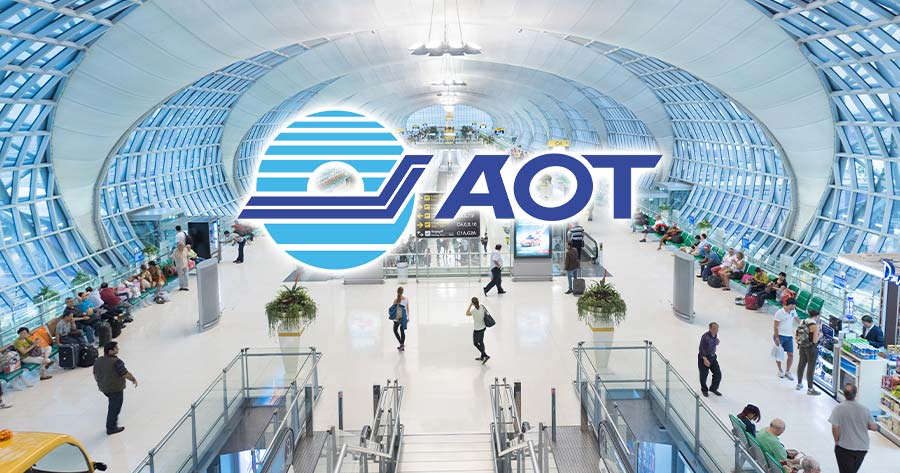Mr. Suriya Jungrungreangkit, Thailand’s Deputy Prime Minister and Minister of Transport revealed that yesterday, the nation’s cabinet has approved for Airports of Thailand Public Company Limited (SET: AOT) to initiate the selection of private firms to participate in Public-Private Partnership (PPP) for the right to operate a cargo service at Suvarnabhumi Airport, succeeding the one of the existing firm, whose contract is about to end in October 2026.
As for this process, AOT must form a selection committee according to Section 36 of PPP Act B.E. 2562 (2019), set a selection criteria, and allow the private companies to submit the proposal. The process is estimated to finish within 5-6 months before the company can submit the selection to the cabinet. The contract is expected to be signed between February – March 2026.
Currently, AOT is providing the right to manage the cargo service at Suvarnabhumi Airport to two private companies. First is the Thai Airways International PLC (SET: THAI), whose contract is about to end in 2040, while the second is WFS-PG Cargo Ltd. According to the PPP Act’s section 49, the PPP’s owner must prepare a framework within five years before the contract expires. The cabinet has also allowed the third firm to enter the partnership. AOT is in the middle of selection for such a firm, which is expected to finish by 2028.
Currently, Suvarnabhumi Airport has seen its cargo being transported by the two private companies at a total weight of 1.75 million tons per year. The third company may increase that figure to 2.28 million.
There is a speculation that by 2027, the airport would transport cargo at a total weight of 1.67 million tons per year, and more in the following year. If AOT can not find a firm to succeed the WFS-PG Cargo before the contract’s expiration in 2026, the company will not be able to handle the volume of cargo in the future.
The successor of WFS-PG Cargo will access the cargo service business that is worth THB 15.25 billion, based on the returning benefits, rental fees, and the investment costs for building, equipment and systems, for 20 years from the land handover date.
This investment is considered PPP’s Net Cost, with the private sector having the duty of finding funds for investment on building, equipment, and system. This also includes expenses for the operation and maintenance of the firm’s business. Meanwhile, the government will have a task on providing land, management, and examining the quality of the firm’s business.
The private firm will own the business’ revenue and bear the income risk directly. It must also pay the annual benefit to the government according to the agreed condition. The paying rate can be calculated by two methods and the government will select that one has the highest figure. First is the 10% of the private firm monthly’s revenue while the second is the minimum wage the firm proposed during the selection.
As for the revenue from this partnership, the private firm is expected to have a total income of THB 42.2 billion during this 20 year period. Meanwhile, the expense for the successor firm is projected to reach THB 34.16 billion, a total sum of investment on building, equipment, and system (THB 1.12 billion) and the expense on operation and maintenance (THB 33.04).
According to LSEG CONSENSUS, they expected AOT’s 2025 revenue to reach THB 70 billion, while having 3Q25’s net profit of THB 3.95 billion. The company’s net profit of the fiscal year that will end in September should be about THB 20.37 billion, with a target price per share at THB 47.75.





